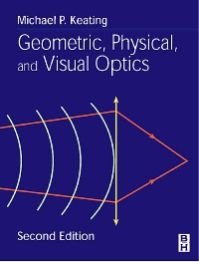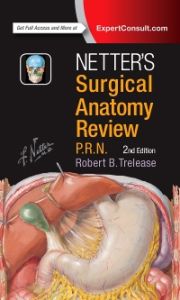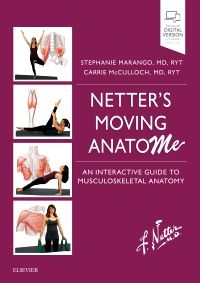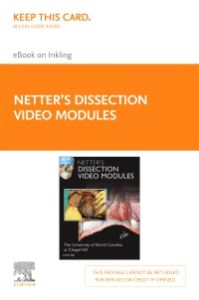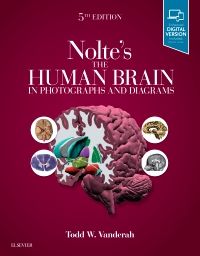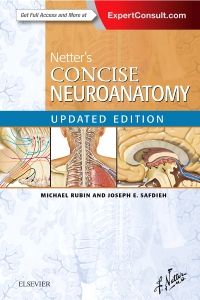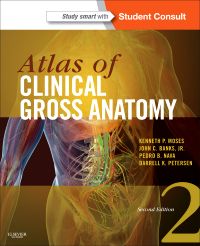Geometric, Physical, and Visual Optics, 2nd Edition
Completely revised and updated, you will benefit from new and rewritten sections on: axial magnification Jackson Cross Cylinder tests retinoscopy reflex motions field of view the optics of indirect ophthalmoscopy optical aberrations diffractive lenses the Doppler shift lasers and the similarities and differences of Gaussian laser beams versus the propagation of light from a point source plus, a new appendix on angles and basic trigonometry. Although not a matrix optics text, matrices are used extensively in the chapters on spherical systems and off-axis aspects of astigmatism. In particular, the matrix treatment of astigmatism serves as a foundation for the recently developed, much improved statistical techniques that deal with refractive corrections and astigmatism in all its aspects.
Completely revised and updated, you will benefit from new and rewritten sections on: axial magnification Jackson Cross Cylinder tests retinoscopy reflex motions field of view the optics of indirect ophthalmoscopy optical aberrations diffractive lenses the Doppler shift lasers and the similarities and differences of Gaussian laser beams versus the propagation of light from a point source plus, a new appendix on angles and basic trigonometry. Although not a matrix optics text, matrices are used extensively in the chapters on spherical systems and off-axis aspects of astigmatism. In particular, the matrix treatment of astigmatism serves as a foundation for the recently developed, much improved statistical techniques that deal with refractive corrections and astigmatism in all its aspects.
Key Features
* Emphasizes conceptual understanding and development of optical intuition * Uses the vergence-dioptric power-wavefront approach * Helpful review for optometry boards and qualifying examinations
Author Information
By Michael P. Keating, PhD, Professor, Michigan College of Optometry, Ferris State University, Big Rapids, MI


